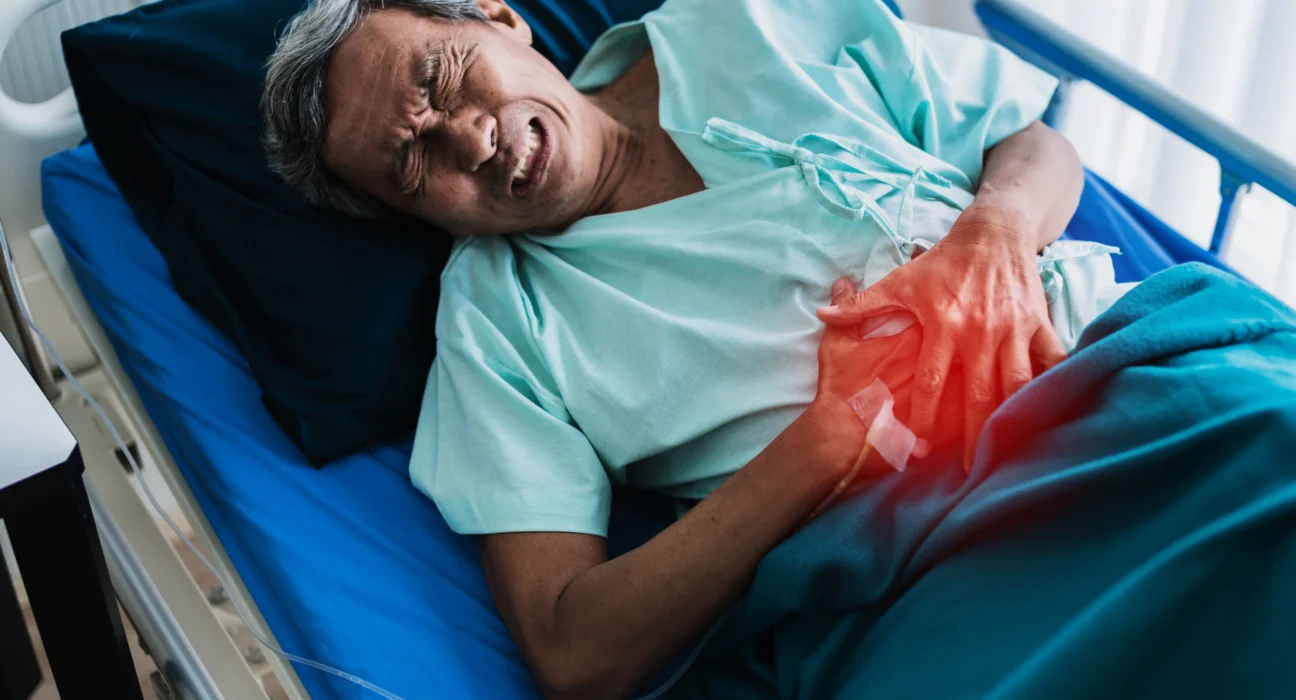This article was reviewed by Dr Henry Tan Chor Lip.
Breast cancer is one of the most common cancers among women worldwide, yet it also has one of the highest survival rates. Many people have questions and concerns about breast cancer, particularly regarding early symptoms and treatment options. This article will answer your questions and provide clear, professional guidance.
The Latest Breast Cancer Data From WHO
According to the World Health Organisation (WHO), breast cancer is the most common cancer among women globally, with incidence rates continuing to rise. However, thanks to advancements in medical technology and increased public awareness, the five-year survival rate for breast cancer has significantly improved. Early detection is key to a higher survival rate, making breast screening more important than ever.
Is Nipple Pain a Symptom of Breast Cancer?
This is a very common question and a source of panic for many.
- The direct answer: In the vast majority of cases, nipple pain is not a sign of breast cancer.
- Common causes: Nipple pain is usually caused by:
- Hormonal fluctuations: Hormonal changes during the menstrual cycle can cause breast tissue to swell and become painful.
- Friction: Ill-fitting bras or chafing during exercise can cause nipple pain.
- Infection: Skin infections in the nipple or areola area, such as eczema.
- Benign breast conditions: A common and harmless condition in many women.
Please note: While nipple pain itself is rarely a symptom of breast cancer, if the pain is accompanied by other noticeable changes, such as unusual nipple discharge, a retracted nipple, a breast lump, or redness of the skin, you should see a doctor immediately.
Main Breast Cancer Therapies
Breast cancer treatment plans are highly personalised and are decided based on the stage of the cancer, the tumour type, and the patient’s overall health.
- Early-Stage Breast Cancer
- Characteristics: The cancer is confined to the breast and has not spread to the lymph nodes.
- Main Therapies: The cure rate for early-stage breast cancer is very high, and the goal of treatment is a full cure.
- Surgery: This includes lumpectomy, which removes only the tumour and surrounding tissue, or mastectomy, which removes the entire breast.
- Adjuvant Therapy: Surgery is often followed by radiotherapy to kill any remaining cancer cells.
- Mid-Stage Breast Cancer
- Characteristics: The cancer has spread to the lymph nodes in the armpit.
- Main Therapies: The treatment plan is usually comprehensive, aiming to eliminate all cancer cells and prevent recurrence.
- Surgery: In most cases, a mastectomy and removal of the lymph nodes are necessary.
- Chemotherapy: Chemotherapy is administered before or after surgery to shrink the tumour or kill any cancer cells that may have spread.
- Radiotherapy: Radiotherapy is used on the localised area.
- Targeted Therapy/Hormone Therapy: A doctor will use specific targeted or hormonal drugs depending on the tumour’s molecular subtype.
- Late-Stage Breast Cancer
- Characteristics: The cancer has spread to other parts of the body (such as the lungs, liver, or bones).
- Main Therapies: The goal is to control the disease, prolong life, and improve quality of life.
- Systemic Therapies: Treatment is typically systemic and includes chemotherapy, targeted therapy, hormone therapy, and immunotherapy. The doctor will create a personalised plan based on the patient’s specific circumstances.
How Can I Prevent Breast Cancer?
While it’s impossible to prevent breast cancer entirely, you can significantly reduce your risk and achieve early detection through the following measures.
- Healthy lifestyle: Maintain a healthy weight, exercise regularly, limit alcohol intake, and don’t smoke.
- Breast self-exams: Get to know what your breasts normally feel like by performing a self-exam every month and noting any lumps or changes.
- Regular mammograms: This is the most effective way to detect breast cancer early. It’s recommended that women over 40 have an annual mammogram so that any abnormalities can be detected before symptoms appear.
Sources
- World Health Organisation, Breast cancer cases and deaths are projected to rise globally (https://www.iarc.who.int/wp-content/uploads/2025/02/pr361_E.pdf#:~:text=Overview%20of%20current%20global%20burden%20Globally%2C%20breast,not%20evenly%20distributed%20across%20different%20world%20regions)
The information provided in the articles is intended solely for educational purposes and is not a substitute for professional medical advice, diagnosis, or treatment. Always seek the guidance of a licensed healthcare professional if you are feeling unwell or have any medical concerns.
This article was reviewed by Dr Henry Tan Chor Lip.
Dr Henry Tan Chor Lip is a resident consultant general surgeon at KPJ Bandar Dato’ Onn Specialist Hospital in Johor Bahru, Malaysia. He specialises in gastrointestinal endoscopy and has extensive experience in the screening and early diagnosis of gastric and colorectal cancers. With more than a decade of clinical experience in various government hospitals in Malaysia, Dr Tan served numerous local and international patients, including those from the UK, Australia, and Singapore, before moving into private practice. His professional expertise also includes early detection and surgery for breast cancer, as well as laser haemorrhoidectomy.
Disclaimer: 365Asia aims to provide accurate and up-to-date information, our contents do not constitute medical or any professional advice. If medical advice is required, please consult a licensed healthcare professional. Patient stories are for general reading. They are based on third-party information and have not been independently verified.



